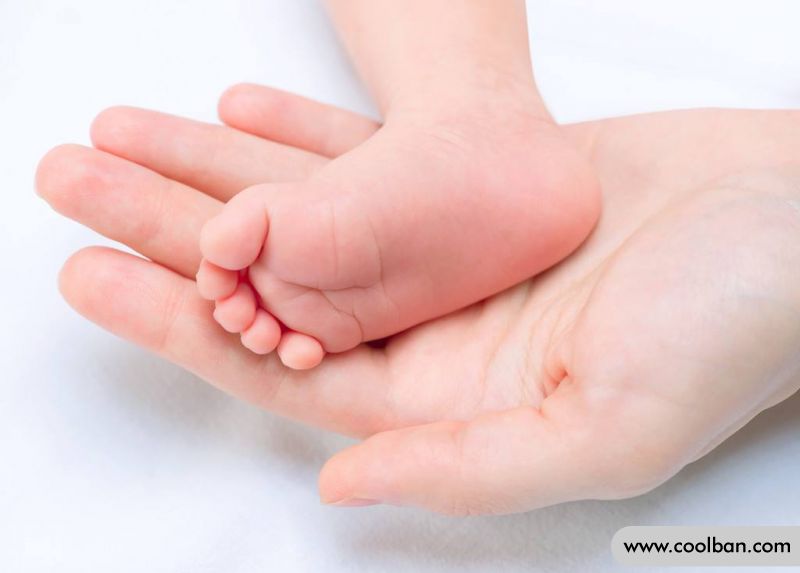5 signs of zinc deficiency in infants
Zinc plays an important role in the growth of infants, so parents should pay attention to the zinc in the child's body to avoid zinc deficiency. Health experts pointed out that if the baby's body lacks zinc, there will be obvious symptoms.

What happens to infants with zinc deficiency?
1. Babies with zinc deficiency will be picky eaters or anorexia, do not like to eat, eat smaller and smaller, often eat small snacks, do not like to eat staple food and vegetables, these manifestations indicate that the baby may be deficient in zinc.
2. Zinc deficiency in the baby's body will cause slow healing of skin wounds, and may even cause skin infections. After the skin is injured, there will be continuous blood flow, and the wound recovery time will be slow.
3. Zinc deficiency can also lead to stunted growth of the baby. If the mother finds that the baby is short and thin, much smaller than the peers, it is necessary to consider whether the baby is deficient in zinc.
4. Zinc deficiency will cause white spots on the baby's nails and barbs on the child's fingers. These are the manifestations of zinc deficiency. Zinc deficiency will also cause the baby to have a geographic tongue.
5. Zinc deficiency can lead to low immunity, illness, cold and fever, and respiratory tract infections, all of which indicate a possible zinc deficiency.
What happens if my baby is zinc deficient? The above health experts introduced five symptoms of zinc deficiency in babies. I hope parents pay attention, and if they find that their children have such a situation, they must pay attention.

What should I do if my baby is zinc deficient?
1. Keep breastfeeding
If you want your baby to be free of zinc deficiency, advocate breastfeeding for at least 3 months, and then gradually switch to milk or other milk replacers. The absorption rate of zinc in breast milk is very high, up to 62%. Colostrum, in particular, is high in zinc, with an average concentration of 4 to 7 times that of serum zinc.
2. Add zinc-containing supplements
After the baby grows to 4-6 months, supplementary food can be added according to the baby's needs and actual situation. Animal foods are higher in zinc than plant foods. From 4 months, artificial feeding babies can add some easily absorbed complementary foods, such as minced lean meat, egg yolk, fish paste, animal liver, oysters, peanut flour, walnut flour, etc.
3. Zinc supplementation products
If the infant is obviously deficient in zinc, zinc supplementation products can be taken under the guidance of a doctor. Zinc supplementation products can choose the third-generation protein zinc, which supplements protein zinc. The zinc element is mainly protein and has high activity, which is very beneficial to the absorption in the gastrointestinal tract without any stimulation to the gastrointestinal tract. However, organic zinc and inorganic zinc such as zinc gluconate, zinc sulfate, etc., are not recommended for long-term use by children because they are all compounds.
4. Maintain a balanced diet
From an early age, teach children to develop the good habit of not being picky eaters and not partial eclipses, pay attention to a reasonable and balanced diet, and mix coarse and fine grains, so that children will not be deficient in zinc. You should also be careful not to eat too many sweets, so as not to affect the absorption of zinc.
